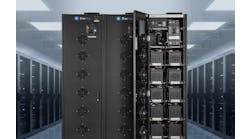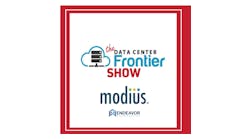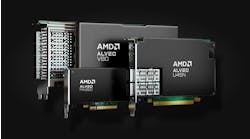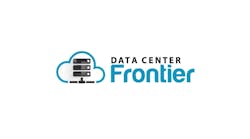The Importance of Scalability in a DCIM (Data Center Infrastructure Management) Solution
Data Center Infrastructure Management (DCIM) is a software solution that supplies real-time information about the physical infrastructure of a data center, including power, cooling, and space utilization. A DCIM solution can help data center operators make informed decisions about capacity planning, energy efficiency, and asset management. As the size and complexity of data centers continue to grow, scalability has become an increasingly important consideration when evaluating DCIM solutions.
Why Scalability Matters in DCIM
Scalability is the ability of a system to handle increasing amounts of data or workload without sacrificing performance. In the context of DCIM, scalability is critical for several reasons:
Accommodating Growth: As data centers grow, the amount of data they generate and the number of devices they manage increases. A scalable DCIM solution can handle this growth without requiring more hardware or significant performance degradation.
Managing Multiple Sites: Many organizations have multiple data centers or remote locations that must be managed from a central console. A scalable DCIM solution can handle the data from various sites and provide a consolidated view of the entire infrastructure.
Integrating with Other Systems: A DCIM solution may need to integrate with other software systems, such as Building Management Systems (BMS) or IT (Information Technology) Service Management (ITSM) systems. A scalable DCIM solution can handle the additional data and processing requirements of these integrations.
Supporting Virtualization and Cloud Computing: Virtualization and cloud computing are becoming increasingly common in data centers, which means that a DCIM solution must be able to handle these technologies’ additional data and processing requirements.
Benefits of Scalability in DCIM
Scalability in a DCIM solution can provide several benefits to data center operators, including:
Cost Savings: A scalable DCIM solution can reduce hardware and software costs by allowing organizations to expand their infrastructure without purchasing additional servers or licenses.
Increased Efficiency: A scalable DCIM solution can help data center operators identify inefficiencies and optimize their infrastructure to reduce energy consumption and improve performance.
Improved Visibility: A scalable DCIM solution can provide a consolidated view of the entire data center infrastructure, including multiple sites and remote locations, which can help data center operators make informed decisions about capacity planning and asset management.
Better Decision Making: A scalable DCIM solution can provide real-time data and analytics, which can help data center operators make more informed decisions about resource allocation, capacity planning, and other critical aspects of data center management.
Conclusion
Scalability is a critical consideration when evaluating DCIM solutions. As data centers continue to grow and evolve, a scalable DCIM solution can provide significant benefits in cost savings, efficiency, visibility, and decision-making. In addition, by investing in a scalable DCIM solution, data center operators can better manage their infrastructure and ensure that it meets the needs of their organization now and in the future.

Max Hamner
Max Hamner is Research and Development Engineer at Modius. Contact Modius to learn more about its DCIM solutions. Modius OpenData provides integrated tools including machine learning capability to manage the assets and performance of colocation facilities, enterprise data centers, and critical infrastructure. OpenData is a ready-to-deploy DCIM featuring an enterprise-class architecture that scales incredibly well. In addition, OpenData gives you real-time, normalized, actionable data accessible through a single sign-on and a single pane of glass.
Delivering DCIM solutions since 2007, Modius is passionate about helping clients run more profitable data centers and providing operators with the best possible view into a managed facility’s data. Modius is based in San Francisco, California, and is proudly a Veteran Owned Small Business (VOSB Certified).






